Possible student availability of facility moved from fall 2025 to winter 2026
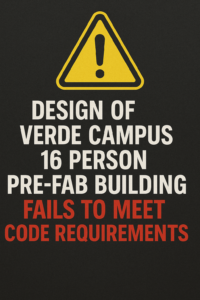 At the March 2025 meeting of the Yavapai Community College District Governing Board, Dr. Clint Ewell, Vice President of Finance and Administrative Services, announced that plans were progressing to construct a prefabricated building to house 16 students as a pilot project on the Verde Valley Campus. Construction was to begin this summer. It was anticipated it would be ready for occupancy by fall 2025.
At the March 2025 meeting of the Yavapai Community College District Governing Board, Dr. Clint Ewell, Vice President of Finance and Administrative Services, announced that plans were progressing to construct a prefabricated building to house 16 students as a pilot project on the Verde Valley Campus. Construction was to begin this summer. It was anticipated it would be ready for occupancy by fall 2025.
However, at the April 21, 2025 Board meeting, Dr. Ewell reported that the project would be delayed. According to his remarks (see video below), the design submitted by the building’s supplier did not meet the minimum building code standards.
Dr. Ewell informed the Board that, assuming a revised design is produced that complies with all code requirements, the earliest possible date for occupancy by students would be winter of 2026.
It is noteworthy that at the March 2025 meeting Dr. Ewell indicated that the College had anticipated spending around $14 million for student housing on the Verde Campus back in 2022-23. However, that figure dropped to $2 million, which was to cover the costs associated with the pre-fab apartment complex and the 10 student trailer park.
It is also noteworthy that since 2022-23 the College has abandoned the $14 million housing project intended for the Verde Valley Campus, which was approved in concept by the Governing Board. It has also dumped the previously approved $12 million Craft Brewing and Distilling program plus the $608,000 Commercial Driving program. The almost $27 million in total intended for these discontinued initiatives has apparently been redirected to support several newly approved, high-cost projects on the west side of Yavapai County on the Prescott Campus and Chino Valley Center.
You may view Dr. Ewell’s short report in April to the Board on the video clip below:

 The Patty McMullen-Mikles Art Gallery will host an opening reception for the Spring Student Art Exhibition on Thursday, April 10 at Yavapai Community College’s Verde Valley Campus. This exhibition features student works from various disciplines, including Drawing, Painting, Ceramics, and Jewelry.
The Patty McMullen-Mikles Art Gallery will host an opening reception for the Spring Student Art Exhibition on Thursday, April 10 at Yavapai Community College’s Verde Valley Campus. This exhibition features student works from various disciplines, including Drawing, Painting, Ceramics, and Jewelry.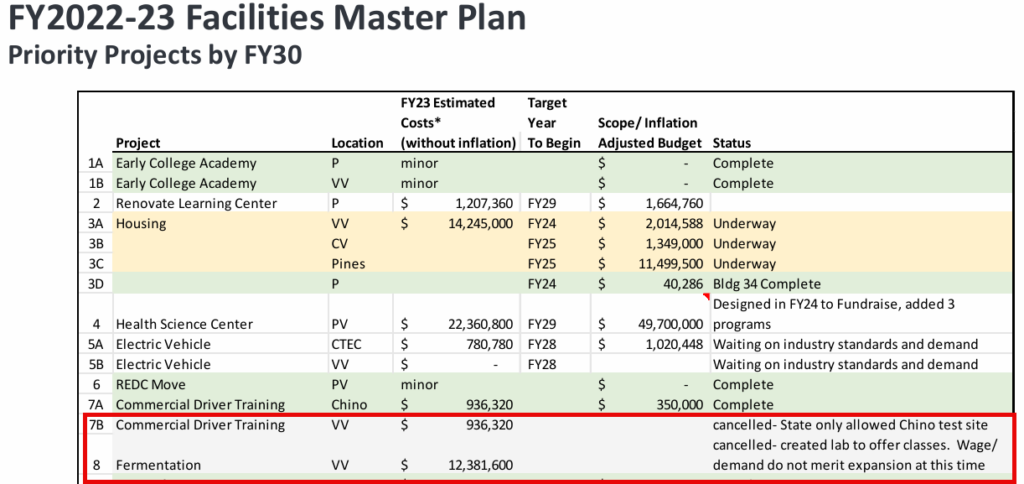
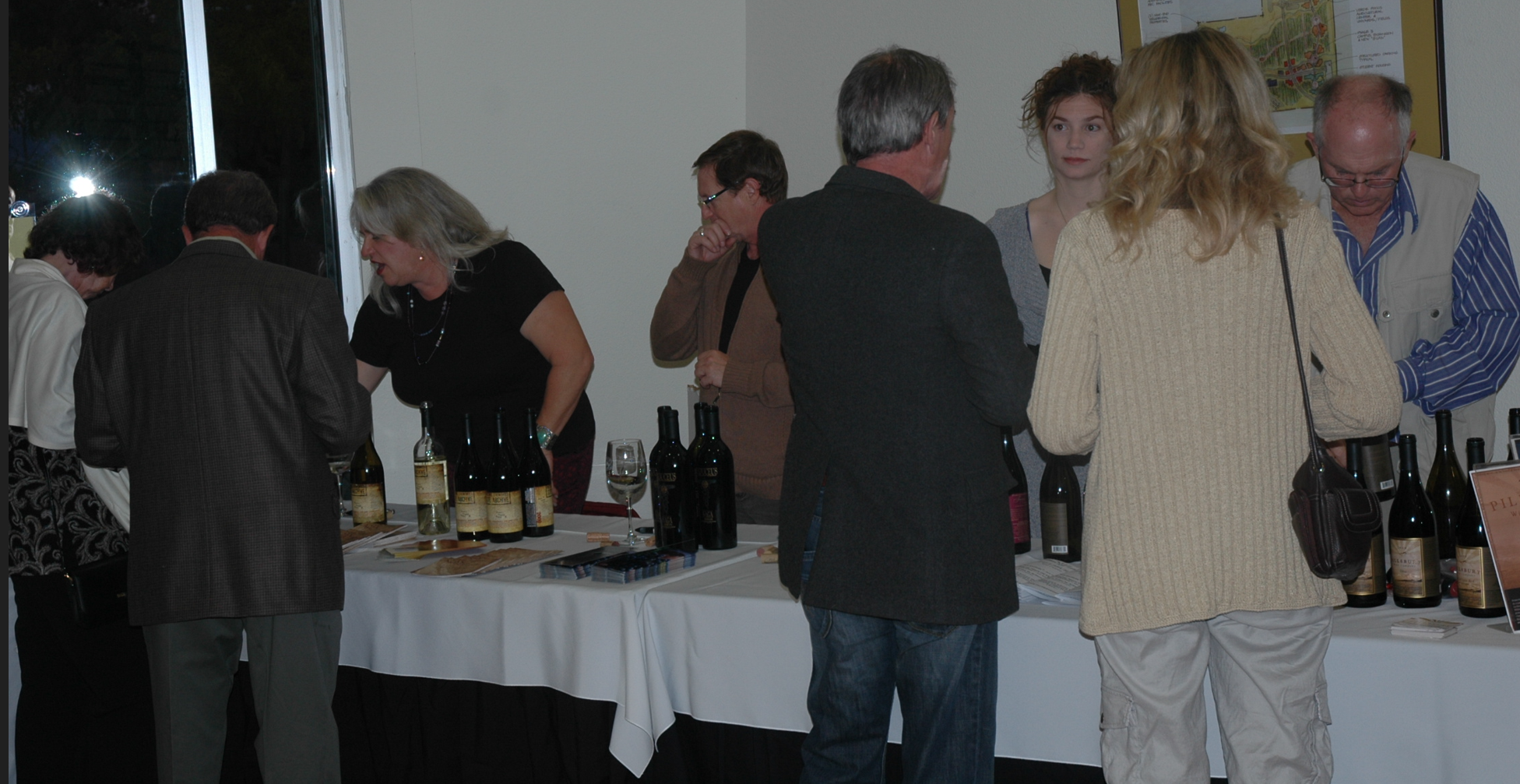
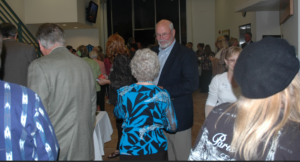
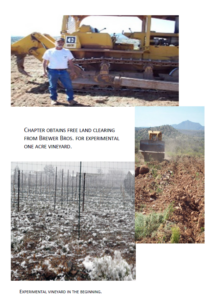
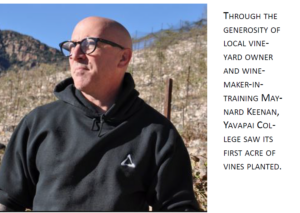
 Yavapai Community College will host a “Student Basic Needs” Resource Fair on the Verde Valley Campus in Clarkdale on October 24, from 11 a.m. to 2 p.m.
Yavapai Community College will host a “Student Basic Needs” Resource Fair on the Verde Valley Campus in Clarkdale on October 24, from 11 a.m. to 2 p.m.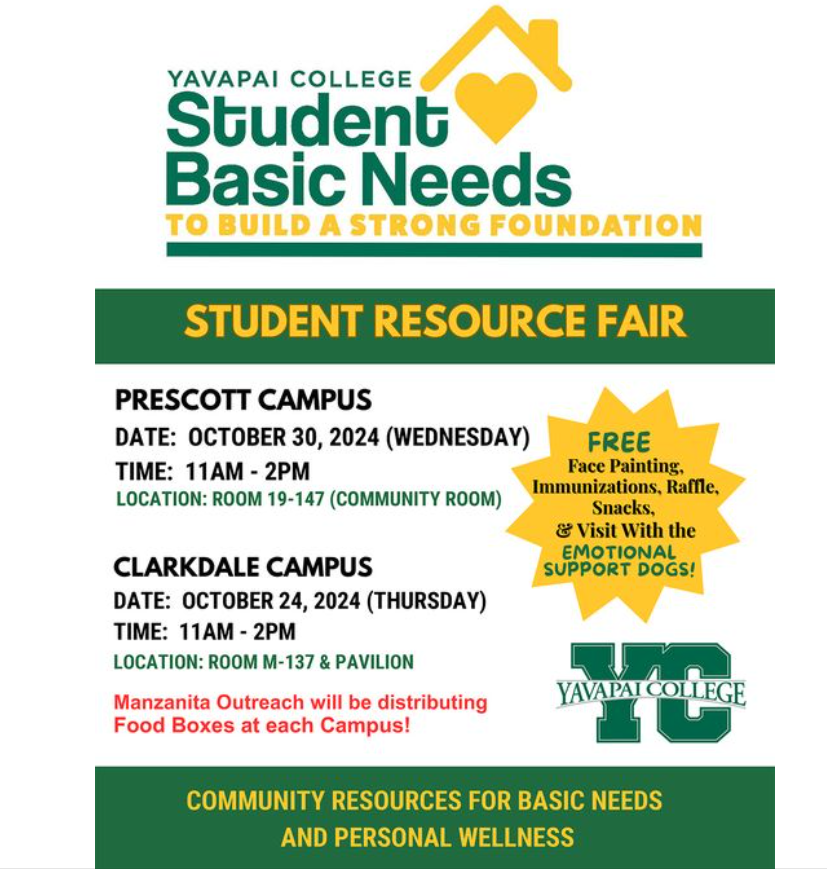
 Sedona’s Mayor and City Council members reacted with mixed emotions to Yavapai Community College officials’ refusal to attend the October 9 workshop, which was intended to foster dialogue about the College. The refusal was a direct response to questions submitted to the College as a courtesy prior to the meeting by Mayor Scott Jablow. The refusal is viewed as an indication of the College’s reluctance to be transparent with the public about critical issues, such as student enrollment trends and the future of the institution in Sedona and the Verde Valley.
Sedona’s Mayor and City Council members reacted with mixed emotions to Yavapai Community College officials’ refusal to attend the October 9 workshop, which was intended to foster dialogue about the College. The refusal was a direct response to questions submitted to the College as a courtesy prior to the meeting by Mayor Scott Jablow. The refusal is viewed as an indication of the College’s reluctance to be transparent with the public about critical issues, such as student enrollment trends and the future of the institution in Sedona and the Verde Valley.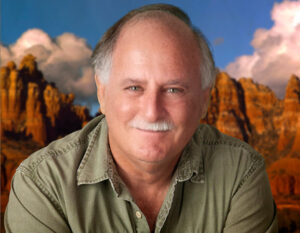
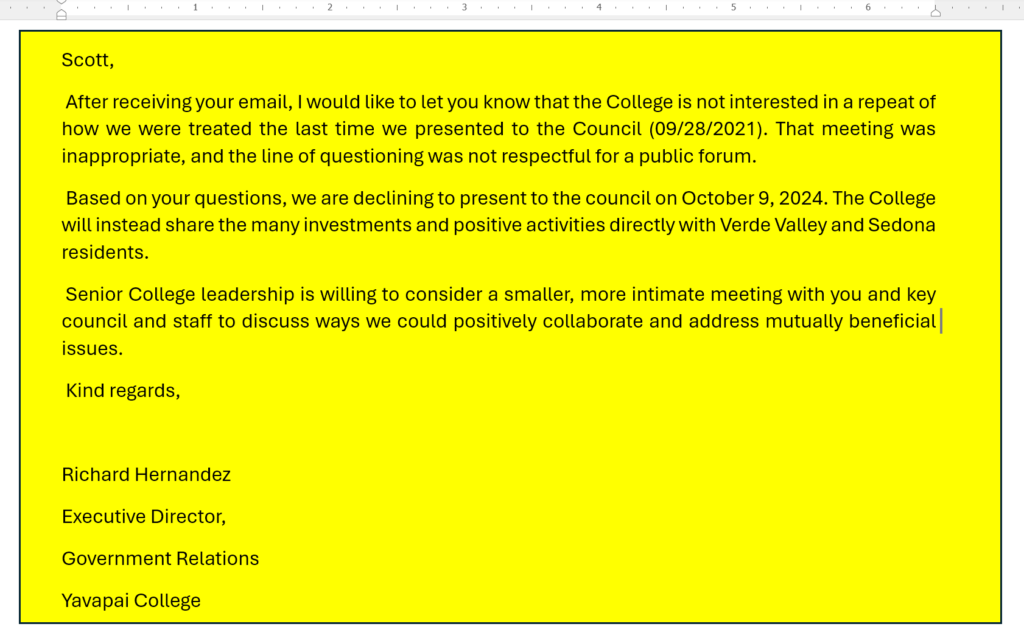

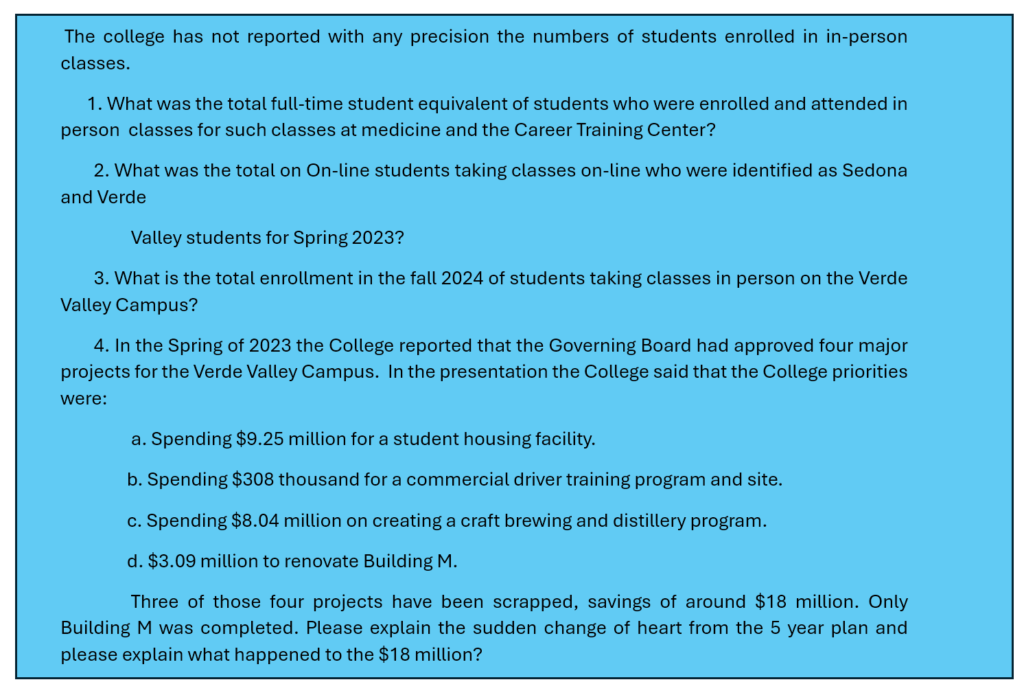
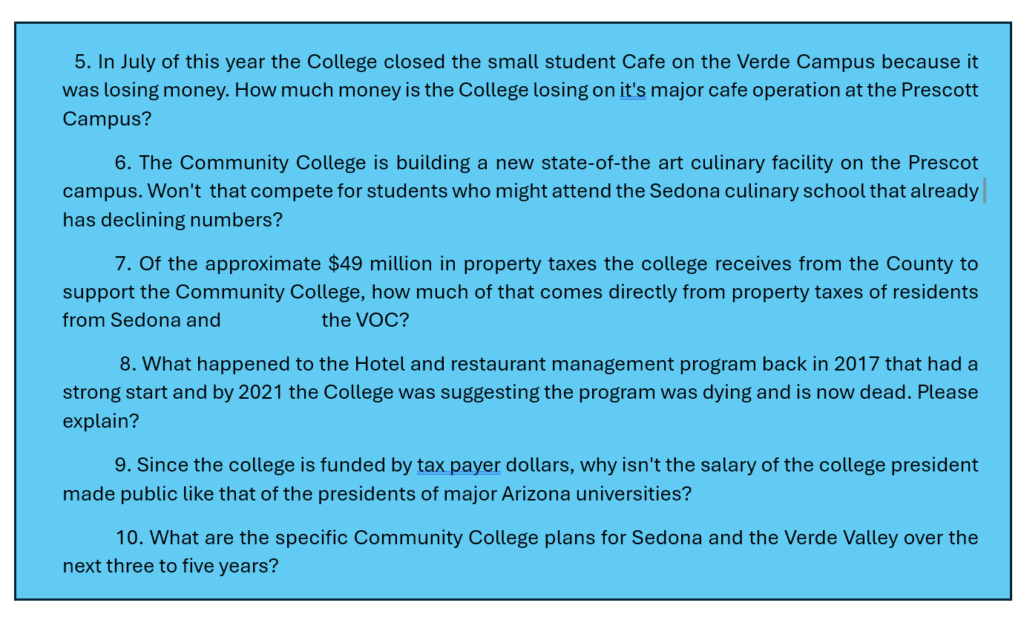
 The decision to close down the Student Café on the Verde Valley Campus was made by Yavapai Community College’s Prescott based Executive Leadership Team (ELT). The Yavapai Community College Sedona/Verde Valley Campus Dean is not formally included among this group of decision makers.
The decision to close down the Student Café on the Verde Valley Campus was made by Yavapai Community College’s Prescott based Executive Leadership Team (ELT). The Yavapai Community College Sedona/Verde Valley Campus Dean is not formally included among this group of decision makers. 
